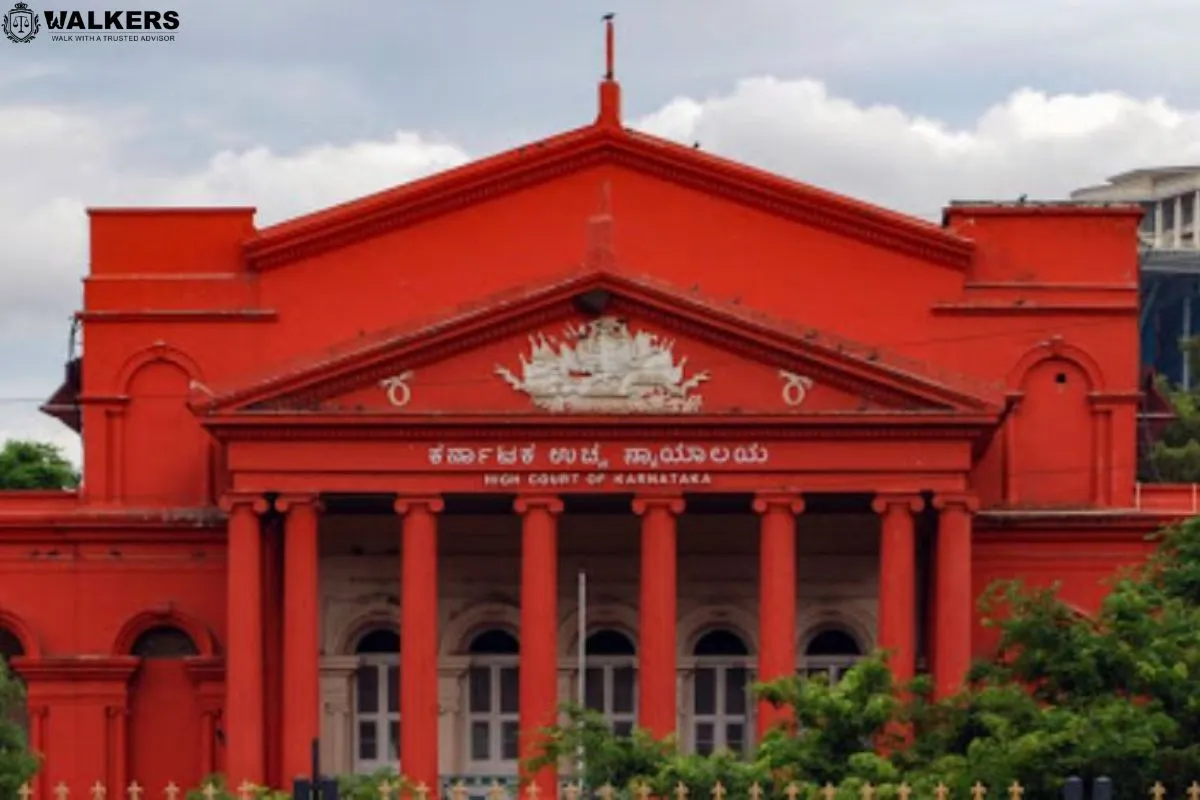


Karnataka High Court Slaps Twitter with ₹50 Lakh Fine for Challenging Government's Orders; Warns of Misuse of Social Media and Propaganda Threatening Democracy
In a landmark ruling, the Karnataka High Court has imposed a hefty fine of ₹50 lakh on Twitter for its challenge against the Indian government's directives to block specific tweets and accounts. Justice Krishna S Dixit, in a detailed 109-page judgment, expressed his conviction that the government's demands were justified and criticized Twitter's conduct, deeming it a case of speculative litigation. The judgment highlighted several key points:
1. Power under Section 69A IT Act extends to banning tweets and accounts:
The Court affirmed that the power to block under Section 69A(1) of the Information Technology Act, combined with the Website Blocking Rules, encompasses not only individual tweets but entire user accounts. The Court emphasized the importance of preventive action to curb potential harm.
2. Duration of block determined by the government:
Justice Dixit noted that determining the duration of a tweet or account block is a matter of state policy and falls within the government's discretion. Referring to a Supreme Court judgment, the Court emphasized that the executive has the authority to make such decisions, considering various factors that are not subject to judicial assessment.
3. Blocking decisions were not reckless:
The Court accepted the government's argument that the blocking of Twitter accounts was not done recklessly. The decision was based on factors such as repetitive posts, behavioral antecedents, and objectionable content with a high potential to incite anti-national sentiment. The verdict stated that there were no allegations of malafide intentions on the part of the officials involved in making the decisions.
4. No notice required for anti-India campaigners:
The Court agreed with the decision not to provide notice to certain Twitter users labeled as anti-India campaigners, terrorists, sedition-seekers, and foreign adversaries intending to destabilize India. Issuing notice would only lead to more harm, as users could become more aggressive, change identities, and spread severe content anonymously.
5. Reasoned demands for content takedowns:
The Court determined that the government's orders to block content on Twitter were well-reasoned, based on law, facts, and evidence. The objectionable content contained outrageous, treacherous, and anti-national material, leaving no doubt that there were valid reasons to take it down. The Court stated it would not delve into the sufficiency of the evidence or reasons cited.
6. Twitter's deliberate conduct and impact on Indian litigants:
The Court found that Twitter deliberately delayed complying with blocking orders without offering a plausible explanation. This allowed potentially viral tweets to circulate further. Additionally, the Court criticized Twitter for occupying valuable hearing time that could have been dedicated to addressing issues faced by native litigants patiently awaiting their turn.
7. Misuse of social media threatens democracy:
Highlighting the broader implications, the Court expressed concerns over the misuse of social media, including the generation of fake news and propaganda, which could hijack a democracy. It emphasized the need for responsible use of social media platforms and warned against allowing such activities to undermine the democratic fabric of the country.
Note: This rewrite of the story is intended to provide a summarized version of the key points from the original content.
Click Here to: Download/View Related File
TAGS: Karnataka High Court Twitter ₹50 lakh fine challenge government orders block tweets block accounts Section 69A IT Act user accounts State policy duration blocking decisions reckless notice anti-India campaigners terrorists sedition-seekers foreign adversaries content takedowns reasoned demands outrageous content treacherous content anti-national content Twitter's conduct deliberate delay impact on Indian litigants misuse of social media fake news propaganda democracy.